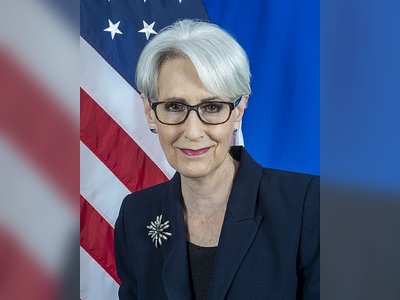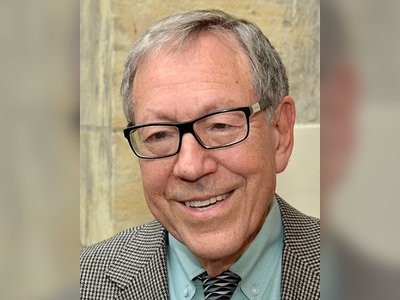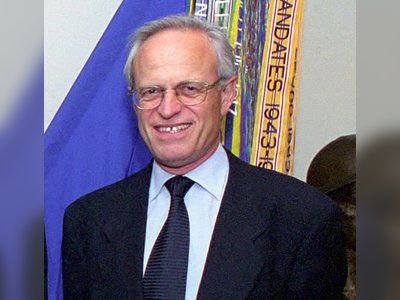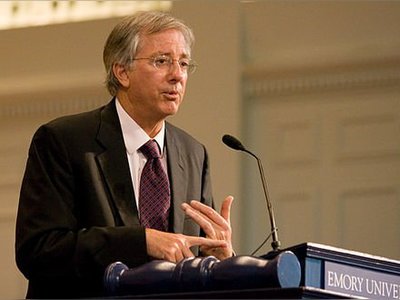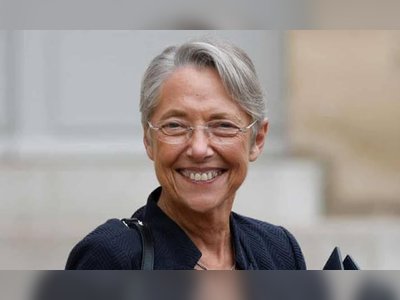Pedro Pablo Kuczynski: A Peruvian Economist and Politician
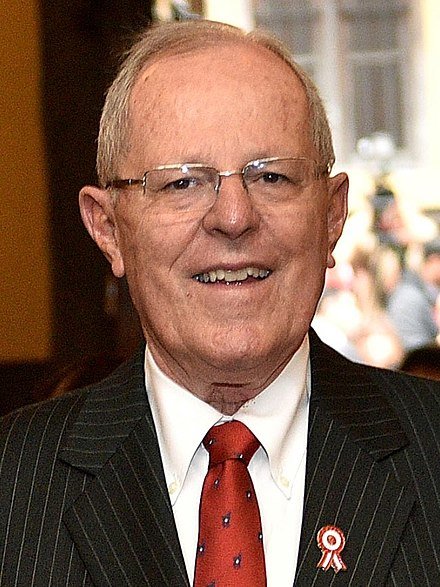
Pedro Pablo Kuczynski, born on October 3, 1938, is a Peruvian economist and politician of Jewish heritage. He is the leader of the PPK party and served as the President of Peru from 2016 to 2018. He also held ministerial positions in the Peruvian government and served as Prime Minister of Peru from 2005 to 2006.
Biography
Kuczynski was born in Lima, Peru, the son of Madelaine Godard and Maxime Hans Kuczynski. His father, who had Jewish roots, was a doctor and a public health specialist who had emigrated to Peru in 1936 from Nazi Germany, fleeing due to his Jewish ancestry. His mother immigrated to Peru from Switzerland and worked as a teacher. Kuczynski is the cousin of the renowned French filmmaker Jean-Luc Godard.
Kuczynski studied at the private school, Blundell's School, in England from 1953 to 1956. In 1960, he completed his bachelor's degree in Philosophy, Economics, and Political Science at the University of Oxford, and in 1961, he obtained a second degree in Public Affairs from Princeton University in the United States.
Economic Career
After completing his studies, Kuczynski worked at the World Bank. In 1967, he returned to Peru and worked at the Central Reserve Bank of Peru. Following a military coup that ousted President Fernando Belaúnde, Kuczynski was forced into exile. He later returned to work as the chief economist for Latin American countries at the World Bank and subsequently as the head of the policy planning department.
From 1973 to 1975, he served as a partner at Kuhn, Loeb & Co., an investment bank. He was then appointed as the chief economist at the International Finance Corporation (IFC), which is part of the World Bank. From 1983 to 1992, he co-chaired the investment bank First Boston.
In 1992, Kuczynski co-founded a private equity fund named LAEF, focusing on investments in Latin America.
Political Career
In 1980, after the return of Fernando Belaúnde to the presidency of Peru, Kuczynski was appointed as the Minister of Energy and Mines and served in that role for two years. In 2000, he joined the electoral campaign of Alejandro Toledo. After Toledo was elected president of Peru, Kuczynski served as the Minister of Economy in 2001 and again in February 2004.
In August 2005, Kuczynski was appointed as the Prime Minister of Peru following the resignation of Carlos Ferrero Costa. He served in this capacity until the end of Toledo's presidency in July 2006.
In 2011, Kuczynski ran for the presidency of Peru as the leader of the "Alliance for the Great Change" (Alianza por el Gran Cambio) and received 18.5% of the votes in the first round but did not advance to the second round.
In 2016, he ran for the presidency again as the head of a new party he founded called "Peruvians for Change" (Peruanos Por el Kambio), with the party's acronym PPK matching his initials. He secured 21% of the votes in the first round and advanced to the second round, where he faced Keiko Fujimori. Kuczynski won with a narrow margin of 50.1% and assumed the presidency on July 28, 2016.
In March 2018, Kuczynski announced his resignation as President of Peru following allegations of corruption involving him and his close associates.
Personal Life
Kuczynski has been married twice and is the father of three children from his first marriage and one daughter from his second marriage. His daughter, Alex Kuczynski, is an American-Peruvian journalist.
Literary Works
Kuczynski has collaborated on several books, including one about his private life.
Pedro Pablo Kuczynski's life has been marked by his achievements in economics and his prominent role in Peruvian politics, culminating in his presidency, albeit one that faced controversy and ultimately ended in resignation due to corruption allegations.
- פדרו פבלו קוצ'ינסקיhe.wikipedia.org
